-
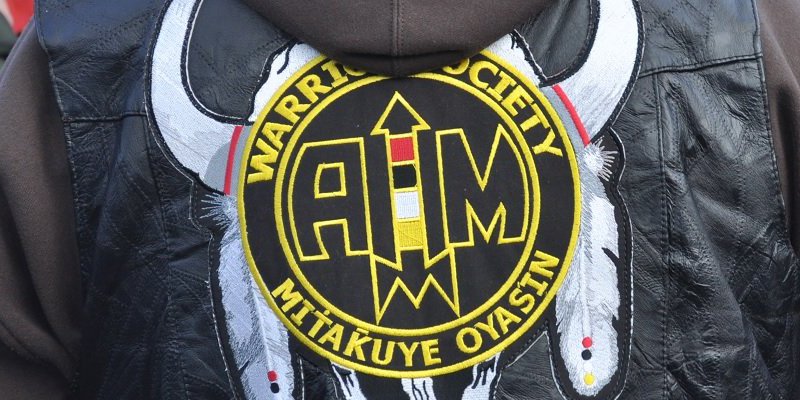
In honor of Indigenous Peoples Day, help MuckRock release the FBI files of famous indigenous activists
In honor of Indigenous Peoples Day, MuckRock will be continuing our coverage of the American Indian Movement and other Native American activist groups. In typical MuckRock fashion, this involves mainly FBI files.
-

What we talk about when we talk about talking: The CIA’s guide to semantics
We could still learn a few things from the Central Intelligence Agency’s unusually-sourced guide to semantics.
-

FOIA requests for data shine light on Trump administration
Smart FOIA requests recently have shown how a government immigration complaint database has channelled fear and paranoia, helped a reporter see which journalists and activists get under a politician’s skin, and helped dig into how Trump officials are spending their time. Plus a new audit finds mix news out of Illinois.
-

Fleeing marijuana possession charges, Ken Kesey successfully hid from the FBI … in Marijuana City, Mexico
The FBI spent the summer of 1966 playing cat-and-mouse with beatnik icon Ken Kesey after he fled the country to avoid prosecution for two charges of marijuana possession.
-
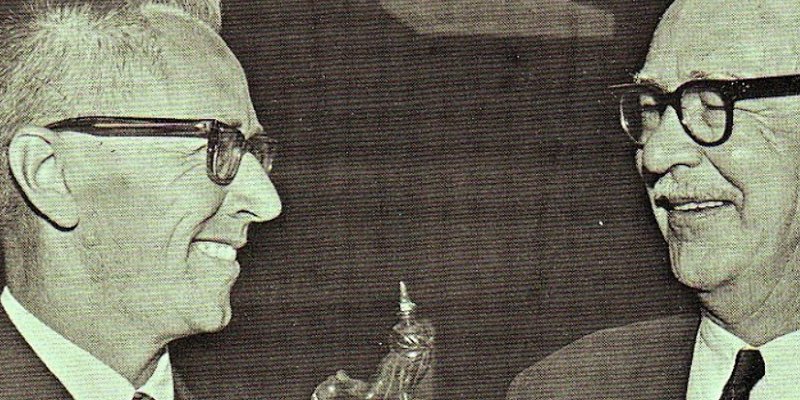
From national security threat to J. Edgar Hoover’s pal - the FBI file of California congressman Jack Shelley
Labor organizer, Californian congressman, and mayor of San Francisco John Francis “Jack” Shelley is typically cited among the most prominent figures on J. Edgar Hoover’s “Emergency Detention” list of “subversives” that were to be arrested if war with the Soviet Union became “inevitable.” However, as Shelley’s FBI file shows, being marked as a potential threat to the country didn’t stop Hoover and Shelly from enjoying a cordial, if not down downright friendly, relationship during the latter’s time on the Hill.
-
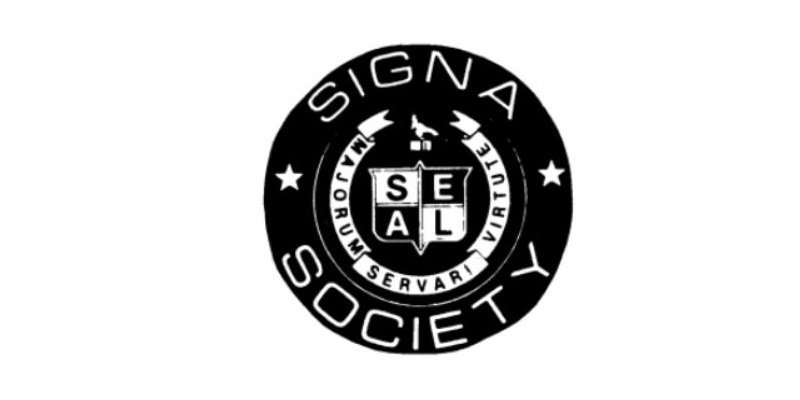
Inside SIGNA: A look at CIA’s secret society of (not-so-retired) officers Part 2
It’s clear that despite SIGNA Society’s charter reportedly asserting that it has “no relationship whatsoever with its former employer,” such a relationship was ongoing for many years. The Central Intelligence Agency could not only count on these retired security officers to be “on-call” and to aid with recruitment or participate in clandestine live drops, but to proselytize CIA’s word with corporations and the rest of the U.S. Government.
-

How the OSS helped John Ford win an Oscar - twice
Recently uncovered materials buried in CIA’s CREST archive offer some behind-the-scenes insight into American filmmaker John Ford’s career with the U.S. military.
-

Introducing MuckRock’s Student Journalist FOIA Grantees
In August, we announced a new initiative to support up and coming FOIA fighters who want to help better understand and report on government. Today we’re pleased to announce the college participants in the inaugural MuckRock’s Student Journalist FOIA Grants.
-

Could you purchase a gun in Nevada? Probably.
Nevada gun laws are among the most lenient in the country - which may have had something to do with Stephen Paddock being able to stockpile 23 weapons and kill 59 people in the matter of seconds.
-

Can federal employees read WikiLeaks in private?
Back in 2010, in response to the publication of the Iraq War Logs leaked by Chelsea Manning, the U.S. Intelligence Community released their official response to WikiLeaks. That report led to official guidance from the Obama administration on how to clamp down on “insider threats,” which in turn sparked a massive discussion on federal employee’s access to classified information, as documents released to Alexa O’Brien reveal.
-
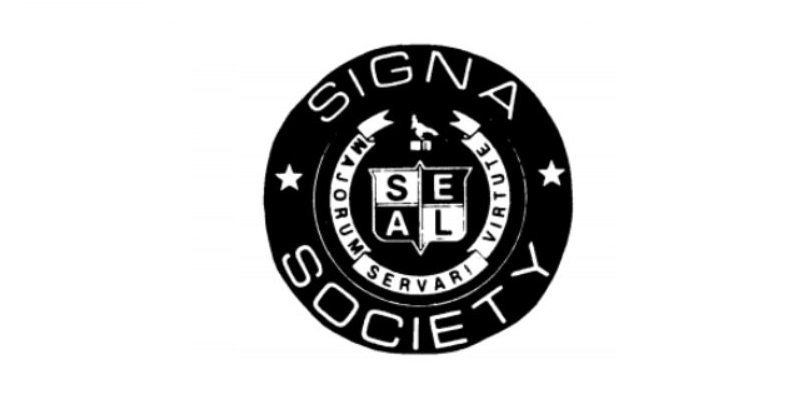
Inside SIGNA: A look at CIA’s secret society of (not-so-retired) officers Part 1
The SIGNA Society, whose name means “written seal” and whose motto translates as “To have Served is the Greatest Virtue,” is the Central Intelligence Agency’s barely acknowledged secret society of retired security officers. Also, its members are - according to CIA files - not entirely retired.
-
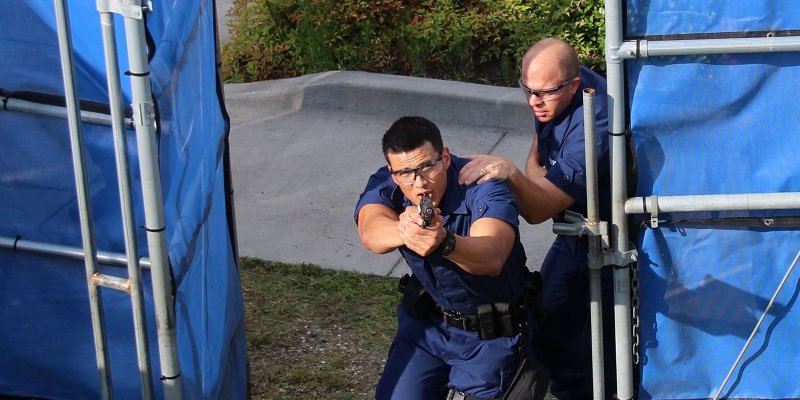
Homeland Security won’t name which state and local police departments received federal training
A request was intended to uncover which local and state law enforcement agencies were using federal training centers produced a long list of course offerings - and a long black bar where the agencies’ names should be.
-
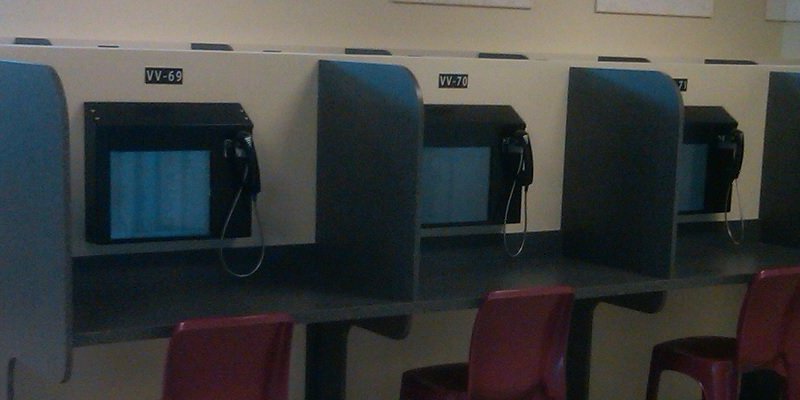
Louisiana’s Jefferson Parish moves to video-only inmate visitation
For the first time in the Bayou State, inmates at the Jefferson Parish Correctional Center will only be available to family and friends via video.
-
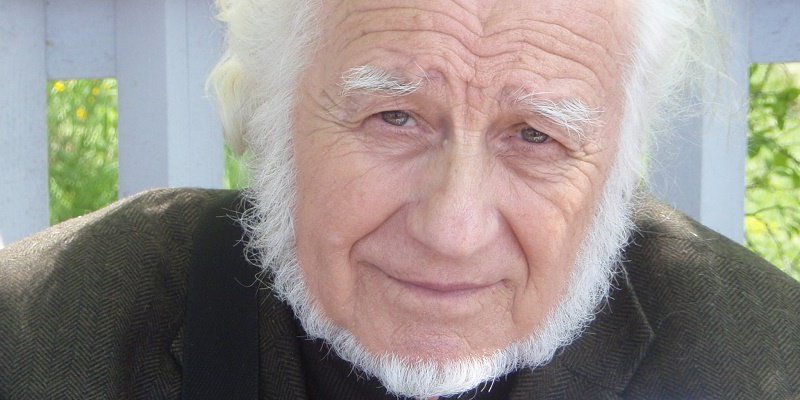
Whatever “suggestology” is, the Pentagon was terrified of it
A 1972 report for the Defense Intelligence Agency spends about four pages describing and worrying about “suggestology,” and the name is the least ridiculous part about it.